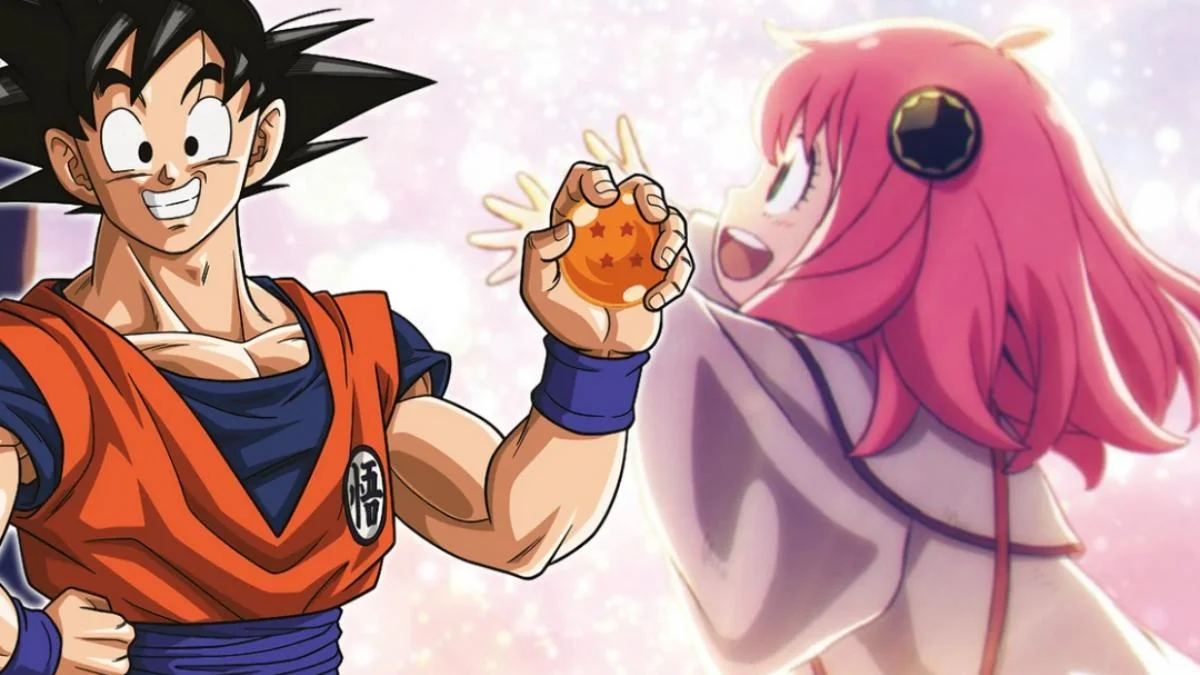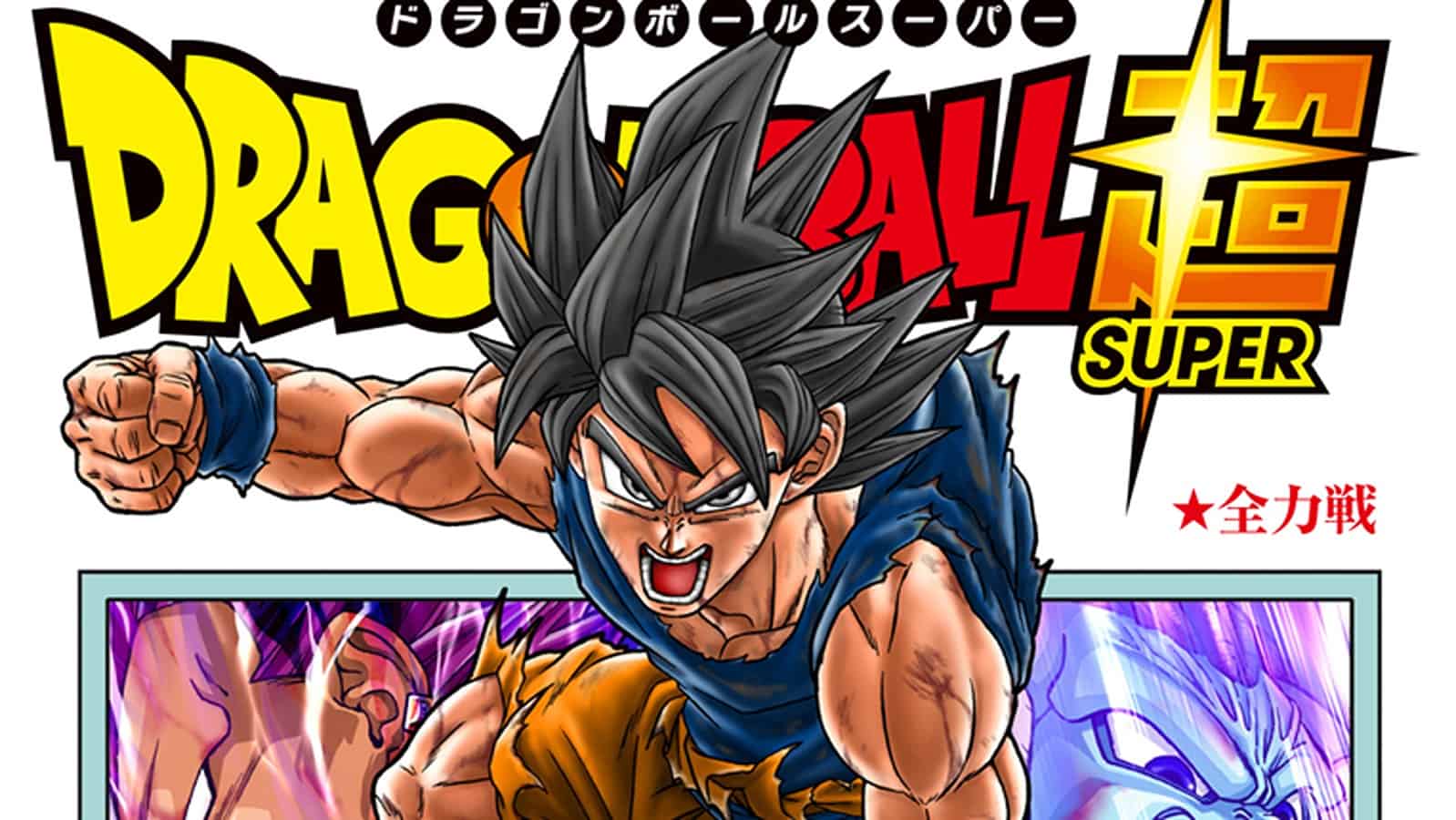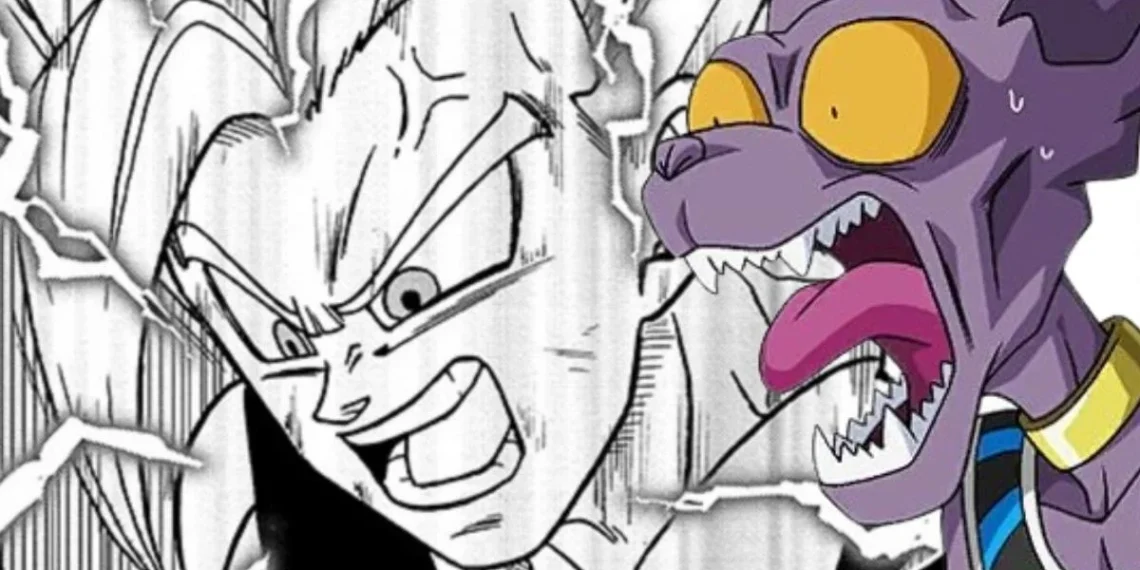Several middle and high schools across the United States have quietly removed popular shonen anime from classroom libraries and extracurricular clubs. Titles like Naruto, Attack on Titan, and My Hero Academia were cited in internal policy memos for “glorifying male aggression, hierarchy, and emotional repression.” While the bans are local, the backlash has gone viral.
On TikTok, teen creators in feminist and progressive circles have cheered the decisions. Clips with the hashtag #AnimeBan have racked up millions of views, with users arguing that anime reinforces patriarchal values and gives boys the wrong idea about strength and emotion.
TikTok Applauds, Critics Push Back

One viral video featured a student celebrating the ban of Dragon Ball Z, saying “We don’t need boys thinking stoicism and punching things make them men.” Others slammed anime for its lack of strong female representation and emotional nuance, calling it “a pipeline to toxic masculinity.”
The response was swift. Older fans and educators, many of whom grew up with anime as an emotional outlet, condemned the movement as misinformed. “Banning anime won’t fix society’s issues with masculinity,” said one California teacher in a PBS NewsHour interview. “If anything, series like One Piece and Fullmetal Alchemist teach empathy, grief, and teamwork.”
On Reddit and X, anime communities accused school boards of caving to online moral panics. They argued that anime offers a wide range of stories and that cherry-picking a few shonen tropes doesn’t reflect the genre’s diversity.
Schools Navigate Culture and Censorship

The bans appear to stem from a mix of parent complaints and administrative caution. According to an internal memo obtained by NPR, one Midwest school district cited “psychological impacts” on male students who mimic “alpha male” behaviors depicted in anime. Another district flagged “graphic fight scenes” and “glorification of trauma.”
Legal experts note that while schools have broad discretion over extracurricular materials, blanket bans could trigger free speech concerns. The American Library Association has urged districts to carefully review such decisions rather than react to social media trends.
Anime studios have yet to comment, but some U.S.-based licensors, including Crunchyroll and Viz Media, are reportedly monitoring the situation. As the debate rages, many fans fear this could signal a broader cultural backlash—one where anime becomes a scapegoat in fights over youth identity and gender politics.
Whether the bans spread or face pushback from parents and fans, one thing is clear: anime has once again found itself at the heart of a generational war—this time with TikTok as the main battlefield.




